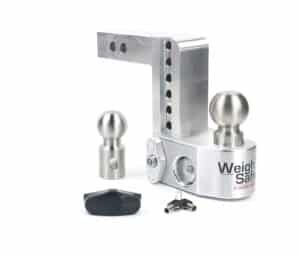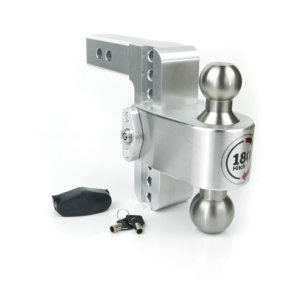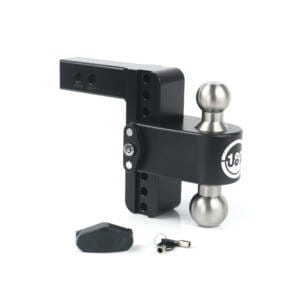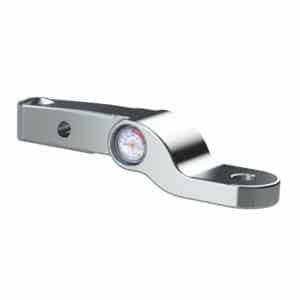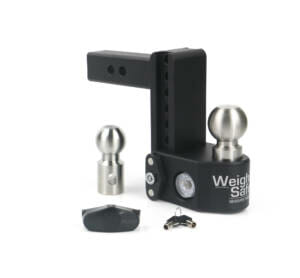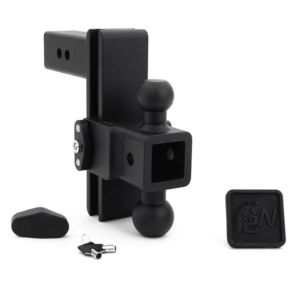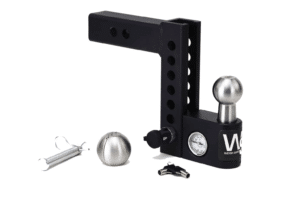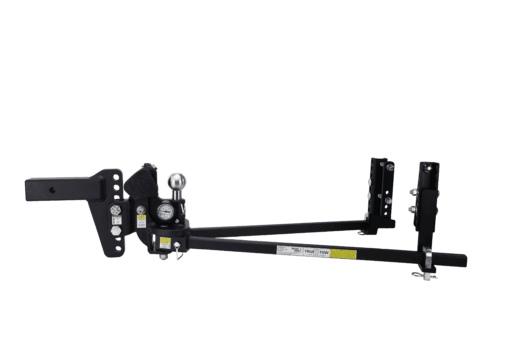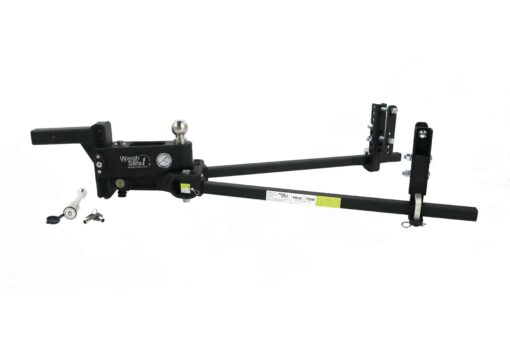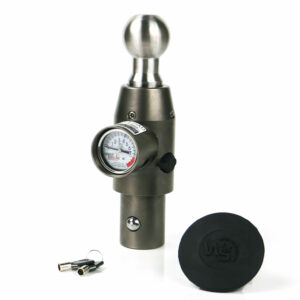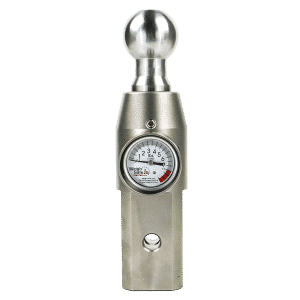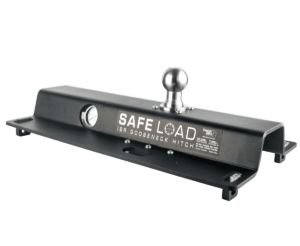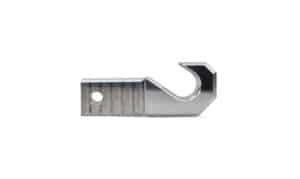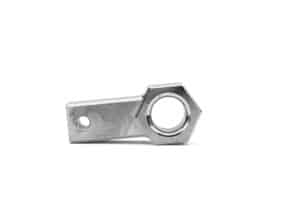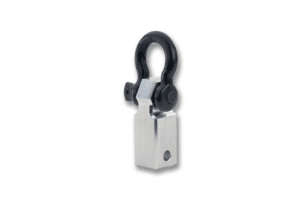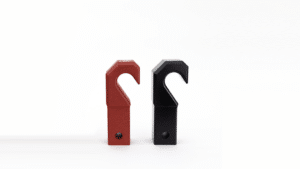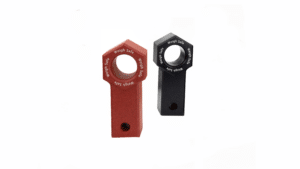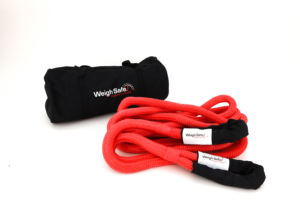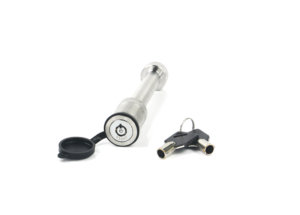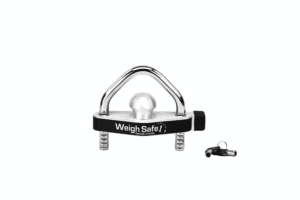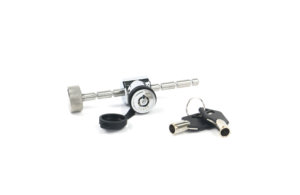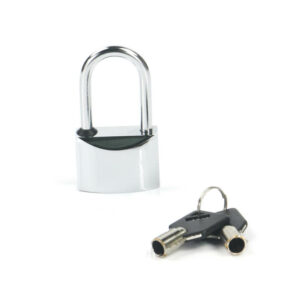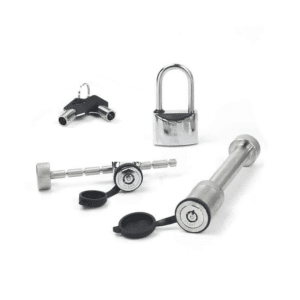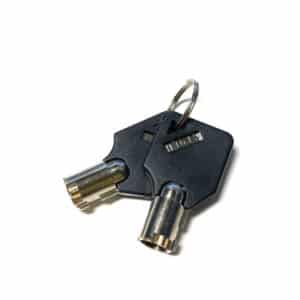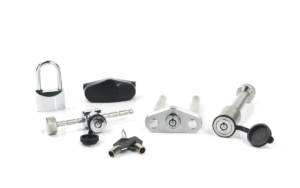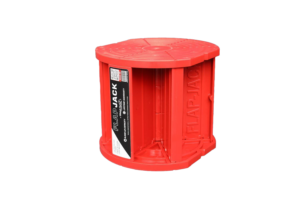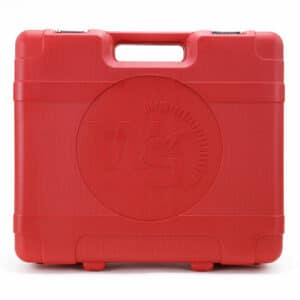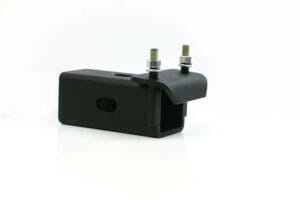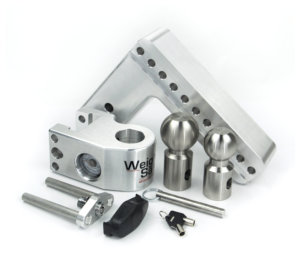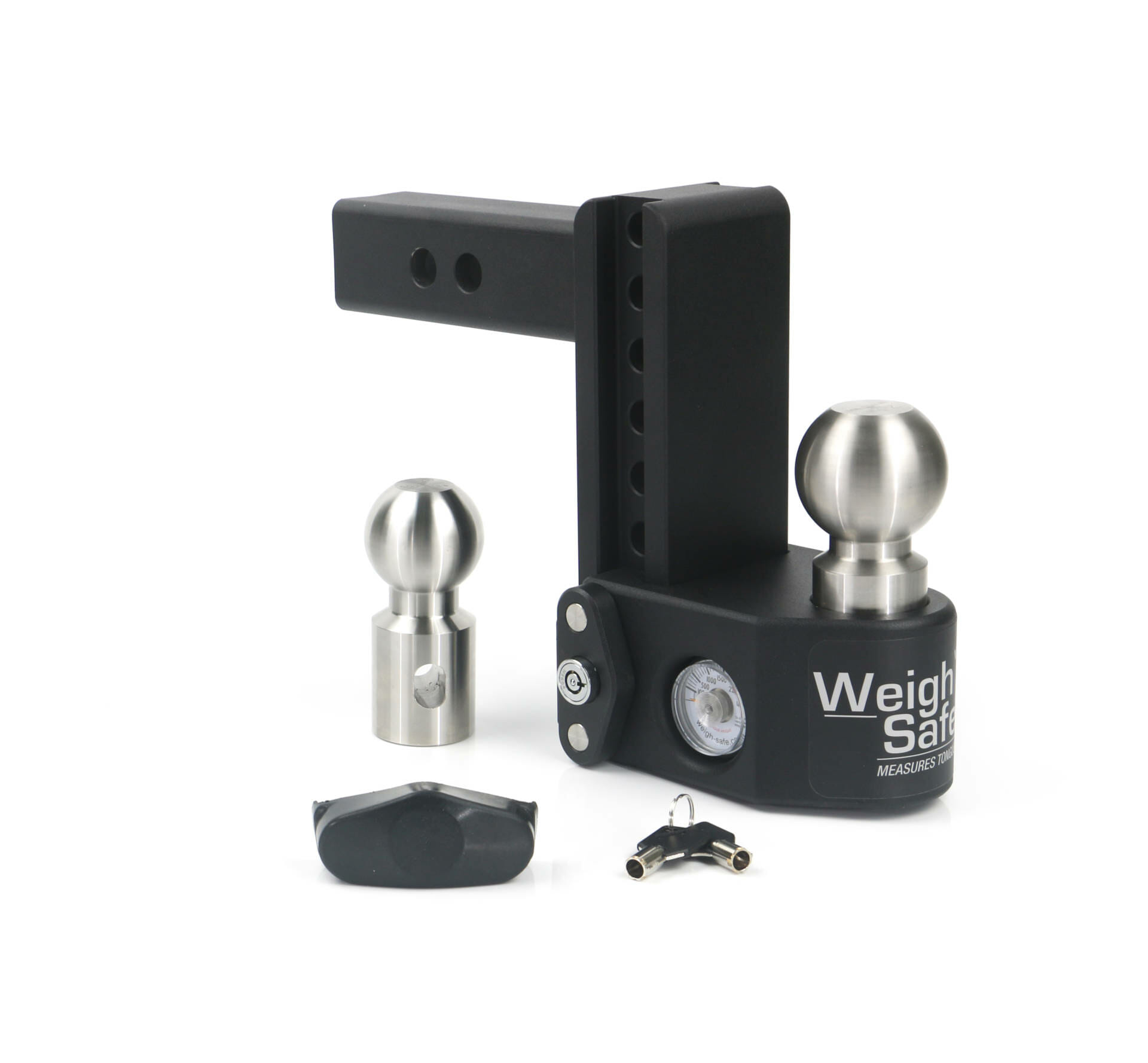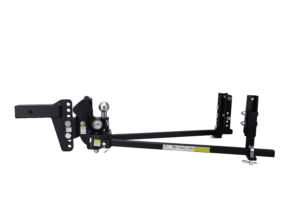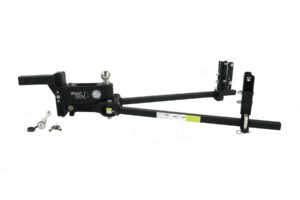Towing Education, Towing Safety
Mastering Towing Capacity: A Comprehensive Guide to Safely Navigate the Roads
Towing capacity remains an often misunderstood aspect of vehicle ownership, yet it plays a crucial role for adventurers, small business owners, and anyone requiring the transportation of heavy loads. In this extensive guide, we will delve deeper into the realm of towing capacity, exploring its nuances, why it’s essential, and providing detailed insights on how to ensure a safe and efficient towing experience.

Understanding Towing Capacity
Towing capacity serves as the maximum weight a vehicle can safely tow, encompassing both the trailer and the combined weight of passengers and cargo within the towing vehicle. Manufacturers determine this limit based on various factors, such as engine power, transmission, suspension, and braking system capabilities.
Every vehicle is designated with a towing capacity, although it’s important to note that this figure is an approximation provided by the manufacturer. Therefore, when loading up, be mindful of how your vehicle’s load can influence its performance, possibly necessitating earlier braking, wider turns, or other adjustments while driving.
Why Towing Capacity Matters
-
Safety at the Forefront: Exceeding your vehicle’s towing capacity compromises safety. It can lead to challenges in controlling the vehicle, longer braking distances, and increased wear on critical components like the transmission and brakes.
-
Legal Compliance: Different regions have specific towing regulations and weight limits. Knowing your vehicle’s towing capacity ensures compliance with these laws, helping you avoid fines and accidents.
-
Vehicle Longevity: Regularly towing loads that surpass your vehicle’s capacity accelerates wear and tear, necessitating more frequent maintenance and repairs. Understanding and adhering to your towing limits contribute to the longevity of your vehicle.

Factors Affecting Towing Capacity
-
Engine Power: The horsepower and torque of the engine significantly influence towing capacity. Generally, vehicles with more powerful engines can handle heavier loads more efficiently.
-
Transmission Types: The type of transmission, whether automatic or manual, affects towing capacity. Some automatic transmissions come equipped with a tow/haul mode to optimize performance during towing.
-
Suspension and Chassis Strength: A robust suspension system and a sturdy chassis are essential for handling heavier loads. Vehicles designed for towing often feature upgraded suspension components.
-
Braking System Efficiency: Towing places additional stress on a vehicle’s braking system. Towing-capable vehicles usually come equipped with enhanced braking systems to ensure sufficient stopping power.
-
Cooling Systems: Towing generates extra heat, particularly in the engine and transmission. Vehicles designed for towing typically feature enhanced cooling systems to prevent overheating.
-
Axle Ratio: The axle ratio represents the relationship between the driveshaft’s revolutions and the rear axle’s revolutions. A lower axle ratio generally results in better towing capacity, as it provides more torque to the wheels.
-
Wheelbase: A longer wheelbase contributes to better stability while towing. Vehicles with longer wheelbases are often more adept at handling the additional weight and minimizing the risk of trailer sway.
-
Tire Rating: Tires play a crucial role in towing safety. Ensure your vehicle’s tires meet the manufacturer’s specifications for towing and have an appropriate load rating. Underinflated or worn-out tires can compromise stability and handling.
-
Payload Capacity: The payload capacity is the maximum weight your vehicle can carry, including passengers and cargo. Subtracting the actual weight of the vehicle occupants and cargo from the payload capacity leaves the available weight for towing.
Practical Tips for Safe Towing
-
Know Your Vehicle’s Limits: Consult your vehicle’s owner’s manual or contact the manufacturer to determine its towing capacity. Consider the weight of the trailer, cargo, and passengers to stay within these limits.
-
Invest in Proper Equipment: Utilize the right towing hitch and equipment designed for your vehicle’s towing capacity. This includes the appropriate trailer hitch, towing mirrors, and safety chains.
-
Balanced Load Distribution: Ensure even weight distribution for stability. A slight bias toward the front of the trailer can prevent swaying during travel.
-
Practice Safe Driving Techniques: Towing requires different driving techniques. Increase following distances, take turns gradually, and be aware of extended stopping distances. Practice in a safe environment before embarking on longer journeys.
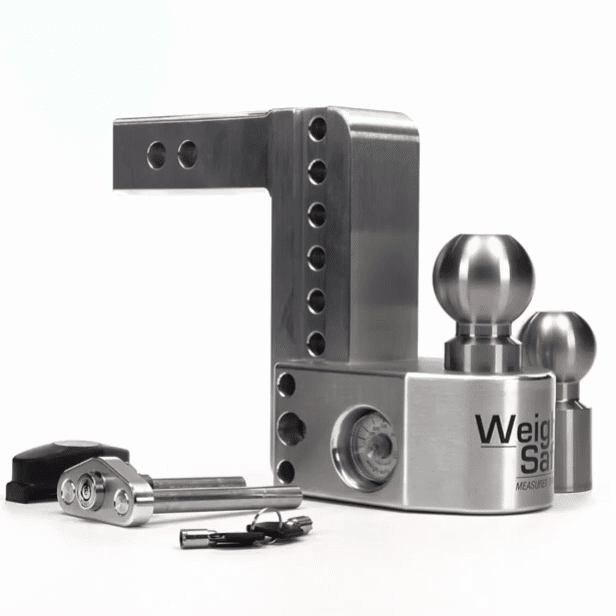
Boost Your Towing Capability with Weigh Safe
Upgrade your vehicle’s towing capacity without compromising on safety by installing a Weigh Safe hitch. Engineered with patented designs and crafted from aircraft-grade aluminum, Weigh Safe hitches have revolutionized the industry. Equipped with a built-in scale, these hitches allow you to accurately measure the weight you’re towing before hitting the road.
Contact us today to discover more about our innovative products and enhance your peace of mind when carrying heavy loads.
Understanding towing capacity is paramount for anyone planning to tow trailers, boats, or other heavy loads. By grasping the intricacies of this critical aspect of vehicle capability, you can not only ensure your safety and the safety of others on the road but also prolong the life of your vehicle. So, before hitching up that trailer, take the time to unravel the mystery of towing capacity – your vehicle will thank you for it.
